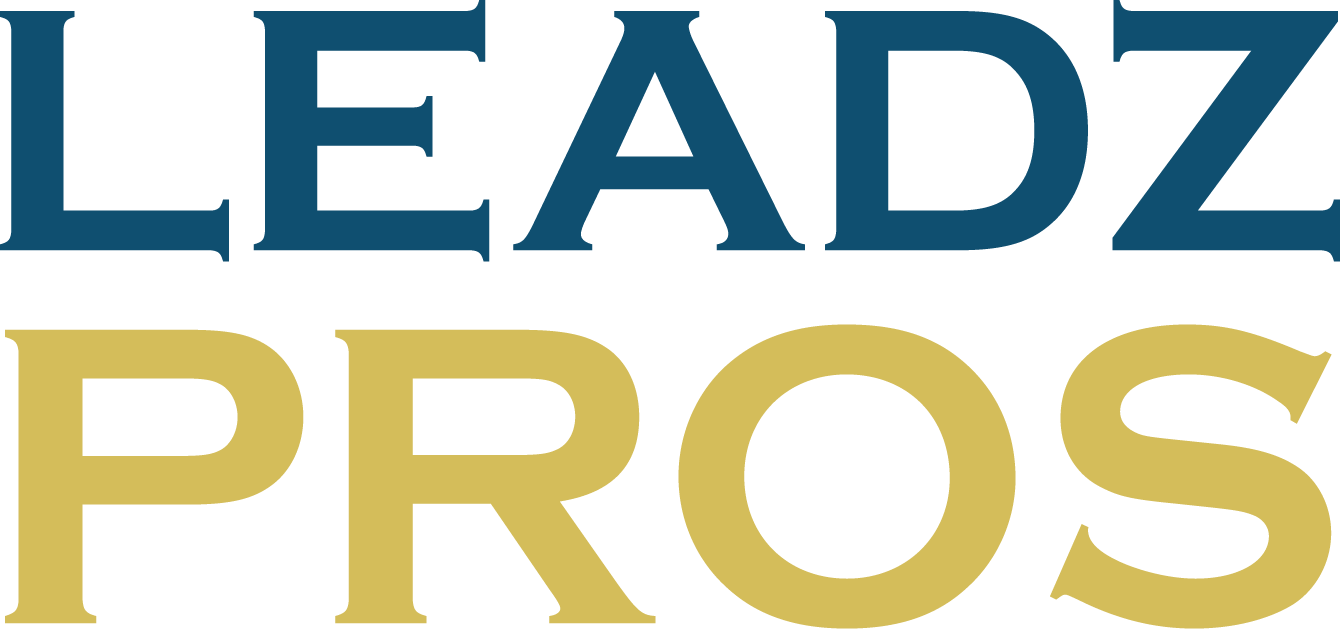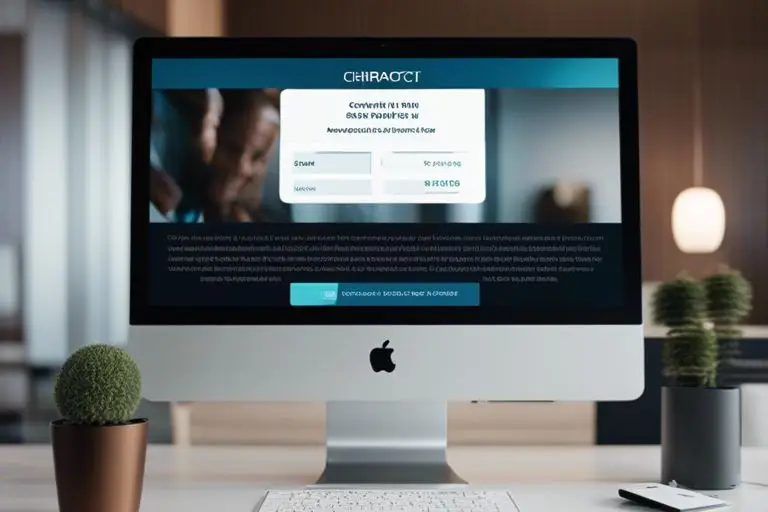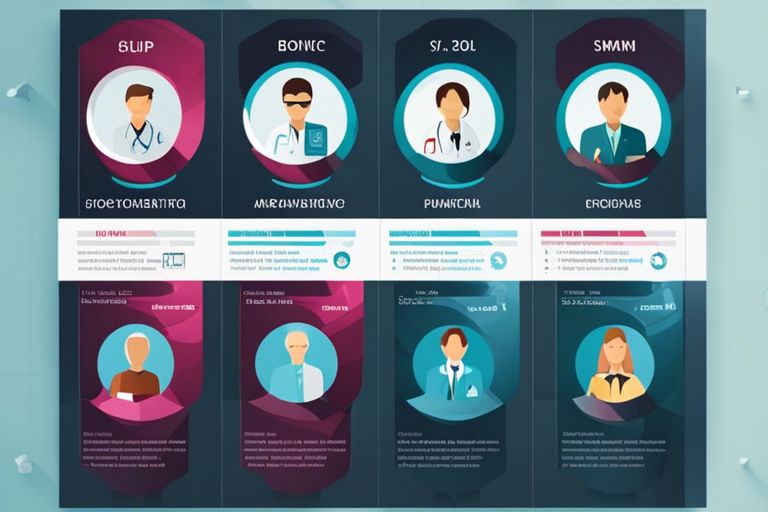Optimal chiropractic patient management relies on leveraging the right Customer Relationship Management (CRM) tools. To ensure streamlined operations and effective patient care, it is essential to incorporate specific features tailored to the unique needs of chiropractic practices. From appointment scheduling and patient communication to billing and reporting, this blog post will explore the key CRM features that are essential for efficient and successful chiropractic patient management.
Understanding CRM in Chiropractic Practice
Definition of CRM in Healthcare
An integral aspect of managing a chiropractic practice involves implementing a Customer Relationship Management (CRM) system. CRM in healthcare specifically focuses on building and maintaining relationships with patients to improve their overall experience. It involves utilizing technology to streamline patient interactions, enhance communication, and personalize treatment plans.
CRM in chiropractic practice entails capturing, managing, and analyzing patient information to tailor services according to individual needs. By leveraging CRM tools, chiropractors can track patient progress, send appointment reminders, and offer relevant health tips to foster patient engagement and loyalty.
Importance of CRM in Chiropractic Care
One of the key reasons why CRM is vital in chiropractic care is its ability to enhance patient satisfaction and retention. By understanding patient preferences and history through CRM data, chiropractors can provide more personalized care, leading to improved treatment outcomes and patient loyalty.
CRM also plays a crucial role in optimizing practice efficiency and productivity. With a centralized platform for managing patient interactions and appointments, chiropractors can streamline administrative tasks, reduce no-shows, and improve overall practice operations. Implementing CRM in chiropractic care can ultimately lead to better patient care and practice growth.

Core CRM Features for Effective Patient Management
Patient Scheduling and Appointment Management
Management of patient scheduling and appointments is crucial for a chiropractic clinic to run efficiently. A CRM system that offers robust scheduling features, such as the ability to book, reschedule, or cancel appointments, can help streamline the process for both the staff and patients. Additionally, automated reminders and notifications can reduce no-shows and keep the schedule organized.
By utilizing a CRM system with patient scheduling and appointment management capabilities, chiropractic clinics can improve patient experience, increase efficiency, and enhance overall productivity. The convenience of online booking and real-time availability updates can lead to higher patient satisfaction and retention rates.
Patient Communication and Engagement Tools
To effectively communicate with patients and keep them engaged, a CRM system should offer tools such as automated email and SMS reminders, newsletters, and satisfaction surveys. These features allow clinics to stay in touch with patients, send relevant information, and gather feedback to improve services.
Patient communication and engagement tools play a vital role in nurturing relationships with patients and promoting loyalty to the clinic. By maintaining open lines of communication and providing valuable information, chiropractic clinics can build trust, increase patient engagement, and ultimately grow their practice.
Electronic Health Records (EHR) Integration
Patient information is at the core of chiropractic care, making seamless integration of Electronic Health Records (EHR) into a CRM system essential. By having access to patient health records, treatment history, and progress notes within the CRM platform, chiropractors can make more informed decisions and provide personalized care.
It is imperative for chiropractic clinics to choose a CRM system that can integrate with their existing EHR software to ensure data accuracy, streamline workflows, and enhance patient care. The ability to access comprehensive patient records directly from the CRM empowers chiropractors to deliver high-quality and tailored treatments.
Billing and Payment Processing
Management of billing and payment processing is a critical aspect of patient care for chiropractic clinics. A CRM system with built-in billing features, such as invoice generation, payment tracking, and insurance claim submission, can help clinics streamline financial transactions and ensure timely payments.
Records of patient billing and payment processing are essential for maintaining financial stability and complying with regulatory requirements. A CRM system that centralizes billing information and integrates with accounting software can simplify financial management tasks and provide insights into clinic revenue streams.
Advanced CRM Features to Enhance Patient Experience
To stay competitive in the healthcare industry, chiropractors need to leverage advanced CRM features that can enhance patient experience. One way to achieve this is by using Chiropractic Patient Management Software that offers a range of functionalities designed specifically for chiropractic clinics.
| Automated Patient Feedback Collection | Customizable Patient Journey Mapping |
Automated Patient Feedback Collection
Experience a streamlined process of gathering patient feedback through automated tools integrated into your CRM system. These tools can send out surveys post-appointment, collect responses, and analyze data to help you understand patient satisfaction levels and areas for improvement.
Customizable Patient Journey Mapping
For chiropractic clinics, every patient’s journey is unique, and tailoring their experience can lead to improved satisfaction and retention. With customizable patient journey mapping in your CRM system, you can design personalized care plans, set reminders for follow-ups, and track progress efficiently.
For chiropractors, understanding the specific needs and preferences of each patient is crucial. By utilizing customizable patient journey mapping, you can create a more personalized experience that resonates with patients, leading to better engagement and outcomes.
Marketing Tools for Patient Retention
An effective CRM system for chiropractic patient management should include marketing tools focused on patient retention. By utilizing features like automated email campaigns, appointment reminders, and targeted promotional offers, chiropractors can nurture relationships and encourage repeat visits.
Retention strategies are essential for maintaining long-term patient loyalty and fostering a sense of trust and reliability. By utilizing marketing tools within your CRM system, you can create targeted campaigns that keep patients engaged and coming back for continued care.
Implementing CRM in Your Practice
Unlike other industries, implementing a Customer Relationship Management (CRM) system in a chiropractic practice requires a tailored approach to ensure the best patient management outcomes. Incorporating a CRM such as Chiropractic Compass: CRM For Patient Relationships can revolutionize how your practice operates, streamlining processes and enhancing patient engagement.
Choosing the Right CRM Software
Your first step in implementing a CRM system for your chiropractic practice is choosing the right software that meets the unique needs of your clinic. Look for a CRM solution that offers customizable features to track patient interactions, appointment scheduling, automated reminders, and reporting capabilities. Ensure that the CRM software integrates seamlessly with your existing systems to avoid disruptions in workflow.
When selecting a CRM software, consider factors such as ease of use, scalability, and security features to protect patient data. Take the time to explore different options, request demos, and gather feedback from staff members to ensure a smooth transition to the new system.
Best Practices for CRM Implementation
Any successful CRM implementation in a chiropractic practice requires careful planning and coordination among team members. Establish clear goals and objectives for the CRM system, outlining how it will improve patient communication, retention, and overall satisfaction. Create a timeline for implementation, assigning roles and responsibilities to staff members to ensure a seamless transition.
Implementation of the CRM software should be accompanied by thorough training for all team members to ensure they are proficient in using the system. Regular monitoring and evaluation of the CRM’s performance can help identify areas for improvement and ensure that it aligns with the practice’s objectives.
Training and Support for Your Team
Practice staff members play a crucial role in the successful adoption of a CRM system in a chiropractic practice. Providing comprehensive training and ongoing support is essential to empower your team to utilize the CRM effectively. Ensure that staff members are comfortable with the new system and encourage feedback to address any concerns or challenges that may arise.
The implementation of CRM software requires a collaborative effort from all team members, with continuous training and support to optimize its usage and maximize patient management efficiency.
Summing up
The key features of a CRM system that are crucial for chiropractic patient management include appointment scheduling, patient profiles with detailed medical history, automated appointment reminders, secure communication channels, and integrated billing and payment processing. These features ensure streamlined workflows, improved patient care, and enhanced patient engagement. Choosing a CRM system that offers these essential features will ultimately help chiropractic clinics maintain organized patient records, enhance communication with patients, and optimize their overall patient management processes.









